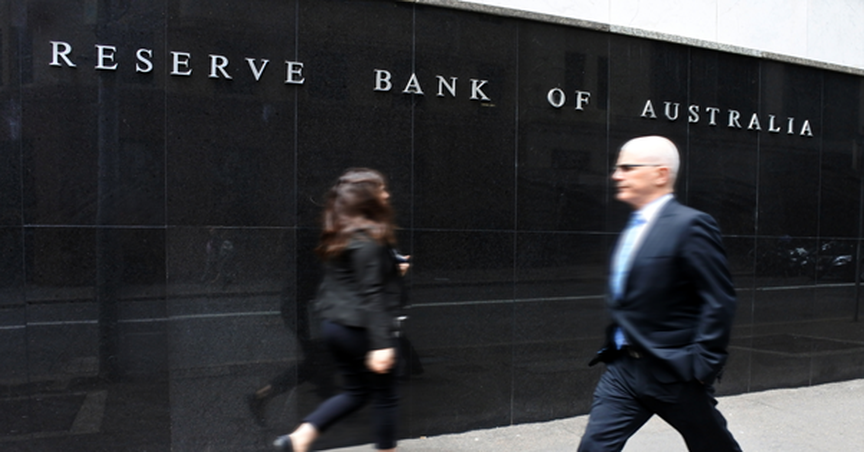Highlights
- Reserve Bank of Australia (RBA) has said its unlikely Australian wages will rise in the short-term, despite reports of industry labour shortage
- The Reserve does not expect the inflation target to be met any time before 2024 due to the current low stagnant wage growth
- RBA further concluded most firms’ expectations for wages growth hadn’t been affected by reports of earlier concerns regarding of shortages of labour
Reserve Bank of Australia (RBA) has said its unlikely Australian wages will rise in the short-term, despite reports of industry labour shortage.
The announcement, which came on Tuesday in its latest Monetary Policy Meeting, further outlined reasons against raising interest rates from its current low levels as a result of inflation continuing to lie below the reserve’s target range of two to three per cent.
RBA’s Solid Stance
The RBA has long held that inflation should be driven by elevated employment rates and real wage growth. Of course, this is based on the assumption that increased levels of take-home pay will ultimately flow back into the economy. The further assumption is that this will reduce the need for super-low interest rates to generate spending.
However, this also means the reserve does not expect the inflation target to be met any time before 2024 due to the current low stagnant wage growth.
The RBA’s Reasoning
The RBA further concluded most firms’ expectations for wages growth hadn’t been affected by reports of earlier concerns regarding of shortages of labour. Instead, the RBA reported these were generally returning to levels seen prior to the pandemic.
Furthermore, The RBA reported this trend also applies to industries which had previously suffered major labour shortages. This suggests international border closers has has, in fact, had little effect on generating wage growth for the wider Australian labour force.

Image Source: © Designersart | Megapixl.com
According to the RBA, In cases where wage growth was observed, it was largely the result of prior wage reductions which had subsequently been reversed.
Moreover, the RBA added that it’s unlikely wages growth will significantly increase in the near future as there was little data from the Bank’s liaison program to suggest such a change.
Low Likelihood of Increased Spending Post Pandemic
The RBA has also concluded that it won’t be until 2022 before spending on household services would return to pre-pandemic levels.
However, this is in contrast to reports from retail banking which held the notion that household expenditure actually spiked in New South Wales following COVID-19 restrictions being lifted last week.
Regardless, the RBA decided to keep interest rates at just 0.10 per cent due to the improbability of increased wages.
All in all, the latest RBA data suggests the Australian economy has ways to go before reaching its pre-Covid condition.



